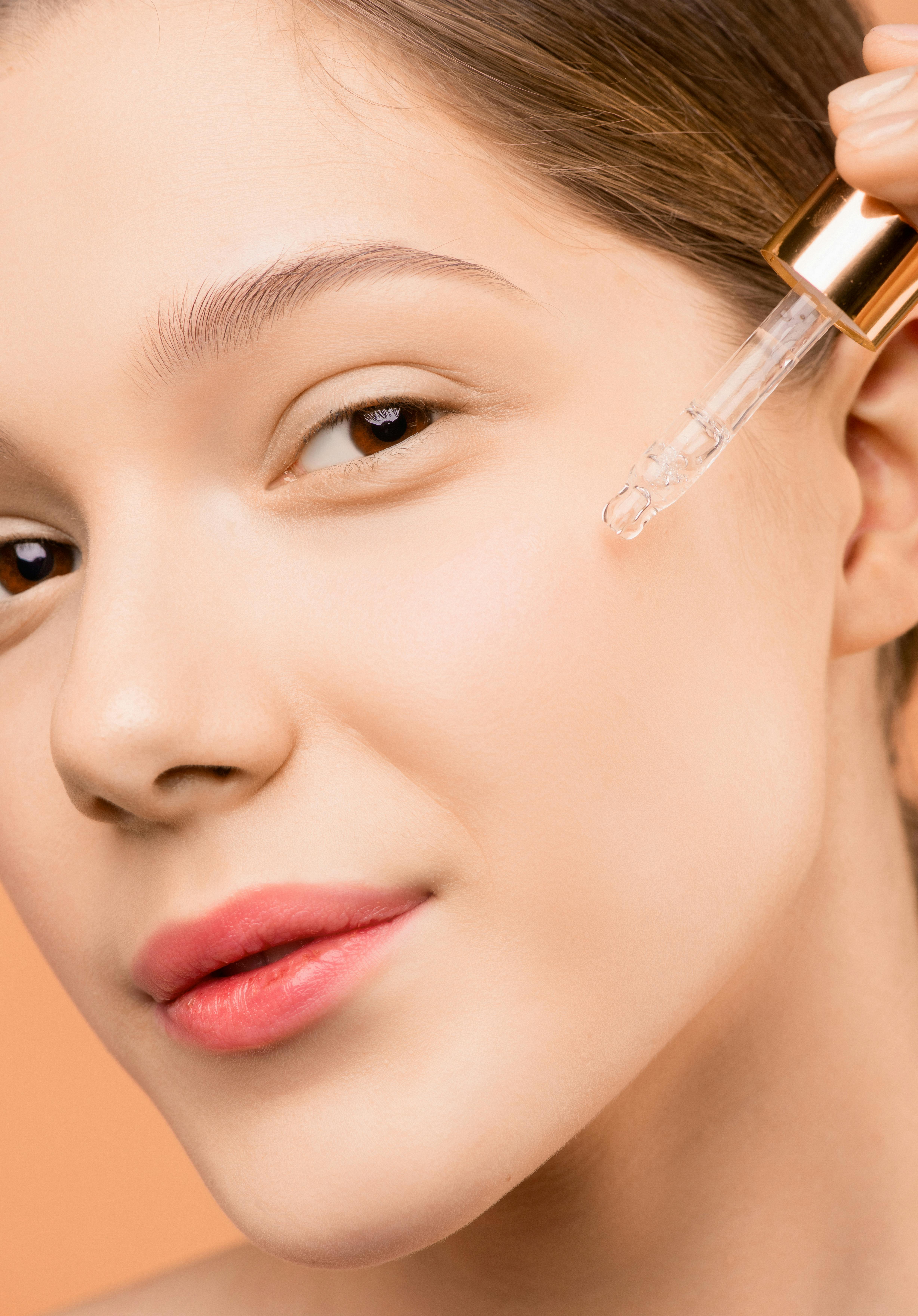The Art of Natural Beauty: Understanding the Power of Botanicals in Skincare
From the ancient Egyptians who used aloe vera to soothe and heal skin, to the modern day beauty aficionado who champions the use of botanical ingredients, the importance of natural elements in skincare cannot be overstated. As we continue to navigate through a world that's increasingly aware of the impact of our choices on the environment and our bodies, the value of botanicals in the beauty industry is on the rise. However, the use of botanicals in skincare is not a new trend, but rather a return to age-old practices that have stood the test of time.

The Roots of Botanical Skincare
The use of botanicals in skincare dates back to ancient civilizations. The Egyptians chronicled the use of botanicals like papyrus and sesame for skin care, while the Greeks used honey and olive oil as moisturizers. Ancient Ayurvedic practices from India championed the use of neem, turmeric, and sandalwood for their healing and beautifying properties.
These early civilizations understood the power of botanicals, recognizing that these natural ingredients contained potent compounds capable of improving skin health and beauty. This knowledge was passed down through generations and continues to influence skincare practices today.
The Modern Revival of Botanical Skincare
In recent years, we’ve seen a significant shift towards natural and organic skincare products. This is largely due to an increased awareness of the potential harm caused by synthetic ingredients and a growing desire to lead a more sustainable lifestyle. As a result, botanical ingredients are experiencing a major resurgence in the beauty industry.
The global market for organic personal care products is projected to reach $25.1 billion by 2025, illustrating the strength of this trend. Consumers are more educated than ever about the ingredients in their skincare products and are seeking out brands that prioritize natural and sustainable practices.
The Power of Botanicals in Skincare
Botanicals contain a wealth of active compounds that can provide a multitude of benefits for the skin. For example, the aloe vera plant is rich in vitamins, minerals, and amino acids, and has anti-inflammatory and moisturizing properties. Similarly, green tea extract contains potent antioxidants that can protect the skin from environmental damage, and lavender oil has calming and anti-bacterial properties.
In addition, botanical ingredients are generally considered to be gentler on the skin than their synthetic counterparts. They can provide the same efficacy without the potential irritation and harmful side effects associated with certain synthetic ingredients.
The Impact and Reception of Botanical Skincare
The rise of botanical skincare has had a significant impact on the beauty industry, prompting many brands to reformulate their products to include more natural ingredients. This shift has also encouraged the development of new, innovative botanical ingredients, such as plant-derived stem cells and botanical hyaluronic acid.
The reception of botanical skincare has been overwhelmingly positive, with consumers appreciating the benefits of these natural ingredients and the environmental responsibility of the brands that use them. However, it is important to note that not all botanical ingredients are created equal. Quality, sourcing, and concentration all play a crucial role in the effectiveness of a botanical ingredient.
The Future of Botanical Skincare
As we move forward, the use of botanicals in skincare is likely to become even more prevalent. Consumers are becoming increasingly discerning about what they put on their skin and are demanding transparency from beauty brands. As a result, we can expect to see more innovation in botanical skincare, with brands harnessing the power of plants in increasingly sophisticated ways.
In conclusion, the art of natural beauty through botanical skincare represents a convergence of historic practices and modern science. It’s a testament to the enduring power of the natural world and our ongoing desire to harness it for our own wellbeing and beauty. As we continue to explore the benefits of botanicals, we are reminded of our deep connection with nature and the powerful role it can play in our skincare routines.




